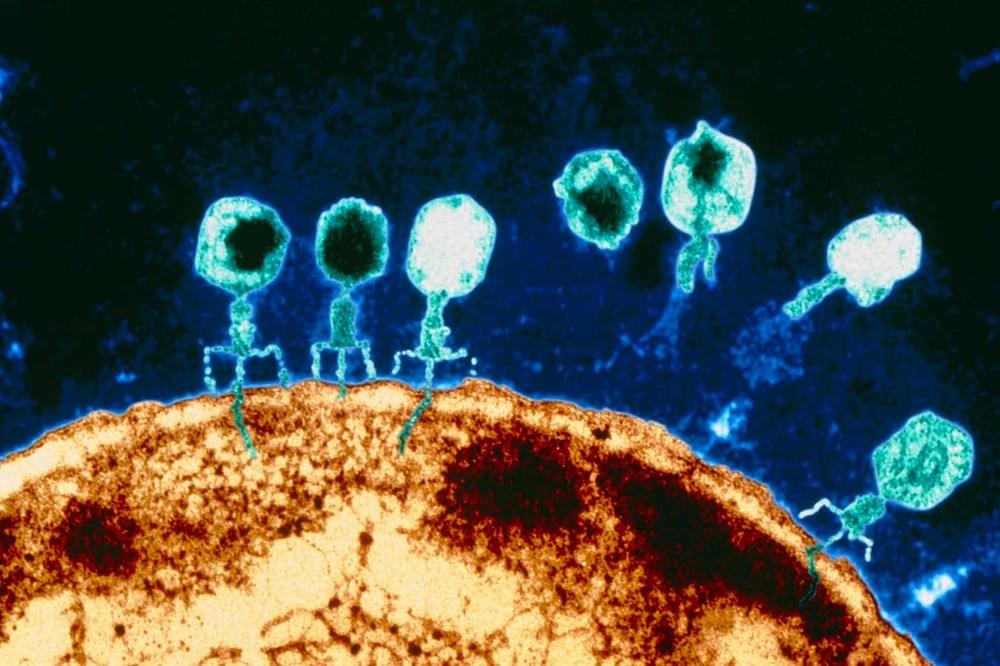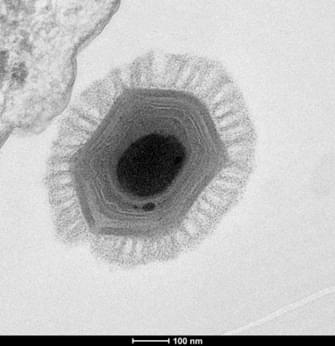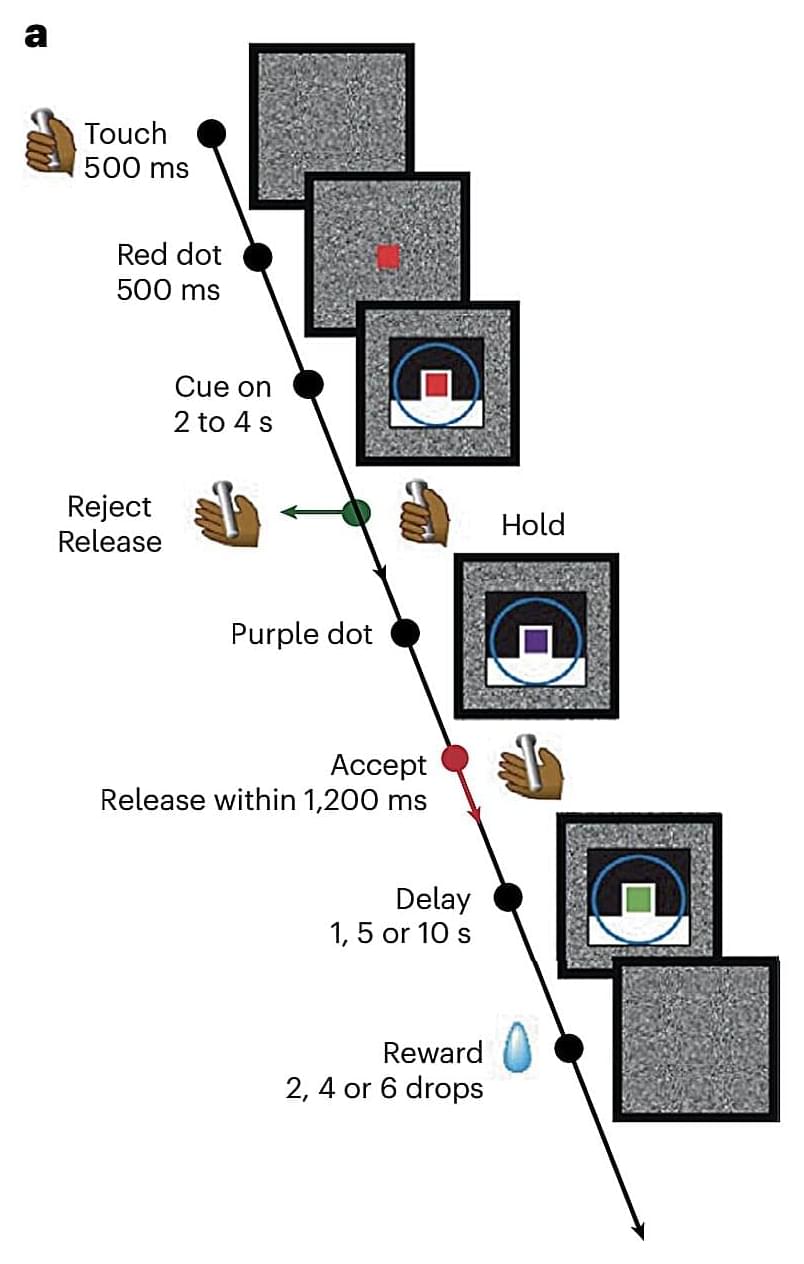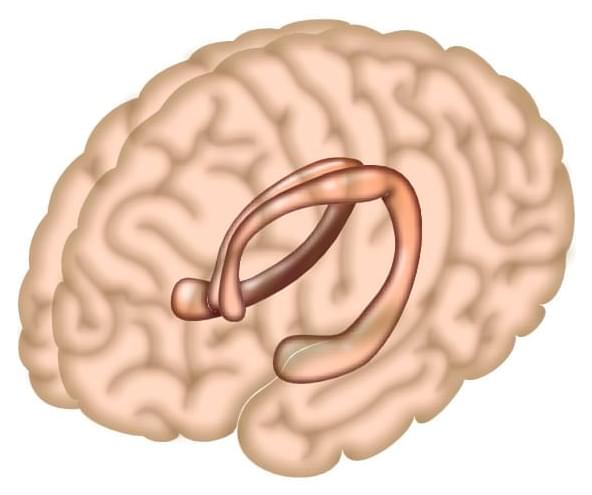A team of researchers has developed a software tool called DANGER (Deleterious and ANticipatable Guides Evaluated by RNA-sequencing) analysis that provides a way for the safer design of genome editing in all organisms with a transcriptome. For about a decade, researchers have used the CRISPR technology for genome editing. However, there are some challenges in the use of CRISPR. The DANGER analysis overcomes these challenges and allows researchers to perform safer on-and off-target assessments without a reference genome. It holds the potential for applications in medicine, agriculture, and biological research.
Their work is published in the journal Bioinformatics Advances on August 23, 2023.
Genome editing, or gene editing, refers to technologies that allow researchers to change the genomic DNA of an organism. With these technologies, researchers can add, remove or alter genetic material in the genome.









